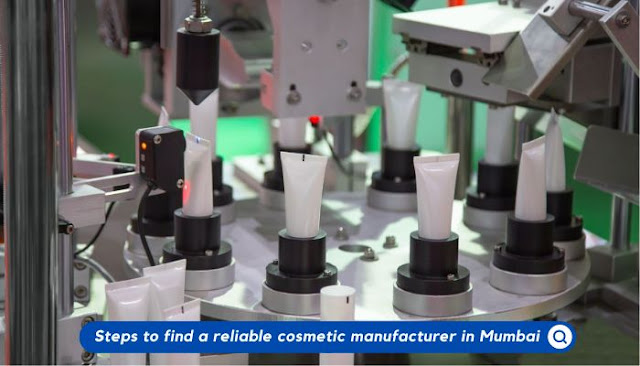Who is included in the skin lightening ingredients?
Skin lightening is a popular practice that involves the use of various products and ingredients to achieve a lighter skin tone. This practice has been around for centuries, and it is still prevalent today, particularly in countries with large populations of people of color. The ingredients used in skin lightening products vary, but some common ones are widely used.
Skin lightening products are often marketed as skin brighteners, skin whiteners, or skin lighteners. They typically contain a range of ingredients that are designed to reduce the production of melanin in the skin, which is responsible for giving it color. Melanin is produced by cells called melanocytes, and its production is influenced by factors such as genetics, exposure to sunlight, and hormonal changes.
The use of skin lightening products is controversial because some ingredients can be harmful to the skin and overall health. There have been reports of serious side effects, including skin damage, infections, and even cancer. Therefore, it is important to understand the ingredients used in skin lightening products and their effects on the skin and overall health.
Today, cream manufacturer in India are making products based on their customer's requirements, in which many of the following items are used, which are very beneficial for the skin.
Hydroquinone
Hydroquinone is one of the most commonly used ingredients in skin lightening products. It is a chemical that works by inhibiting the production of melanin in the skin. Hydroquinone is available in concentrations of up to 4%, and it is used in a variety of products, including creams, lotions, and gels.
Hydroquinone has been linked to several health risks, including skin cancer, liver damage, and thyroid problems. It can also cause skin irritation, redness, and itching. In some countries, hydroquinone has been banned or restricted due to its potential health risks.
Kojic Acid
Kojic acid is a natural ingredient that is derived from fungi. It is often used in skin lightening products as a substitute for hydroquinone. Kojic acid works by inhibiting the production of melanin in the skin, and it is available in concentrations of up to 4%.
Kojic acid is considered safer than hydroquinone, but it can still cause skin irritation and allergic reactions in some people. It is also less effective than hydroquinone, so it may take longer to see results.
Arbutin
Arbutin is a natural ingredient that is derived from plants such as bearberry, cranberry, and blueberry. It works by inhibiting the production of melanin in the skin, and it is available in concentrations of up to 5%.
Arbutin is considered safe for use in skin lightening products, and it is less likely to cause skin irritation than hydroquinone. However, it is also less effective than hydroquinone, so it may take longer to see results.
Vitamin C
Vitamin C is a powerful antioxidant that is often used in skin care products, including skin lightening products. It works by inhibiting the production of melanin in the skin and reducing the appearance of dark spots and hyperpigmentation.
Vitamin C is generally considered safe for use in skin lightening products, but it can cause skin irritation in some people, particularly those with sensitive skin. It is also less effective than some other ingredients, so it may take longer to see results.
Licorice Extract
Licorice extract is a natural ingredient that is derived from the root of the licorice plant. It works by inhibiting the production of melanin in the skin, and it is available in concentrations of up to 4%.
Also Read: Why is the hair oil manufacturing business profitable?
Licorice extract is considered safe for use in skin lightening products, and it is less likely to cause skin irritation than some other ingredients. However, it is also less effective than hydroquinone, so it may take longer to see results.
Conclusion
In conclusion, skin lightening products have become popular in recent times, and their ingredients are varied, including natural and chemical ingredients. The ingredients used in these products are designed to reduce the production of melanin, which gives the skin its color. However, some of these ingredients can be harmful to the skin and overall health, causing skin damage, infections, and even cancer. Therefore, it is important to be aware of the ingredients used in skin lightening products and their potential risks. It is advisable to consult a dermatologist before using any skin lightening products, particularly if you have sensitive skin or are prone to allergic reactions. Ultimately, achieving a lighter skin tone should not come at the cost of your health or skin integrity, and it is essential to prioritize safe and healthy practices in skin care.

Comments
Post a Comment